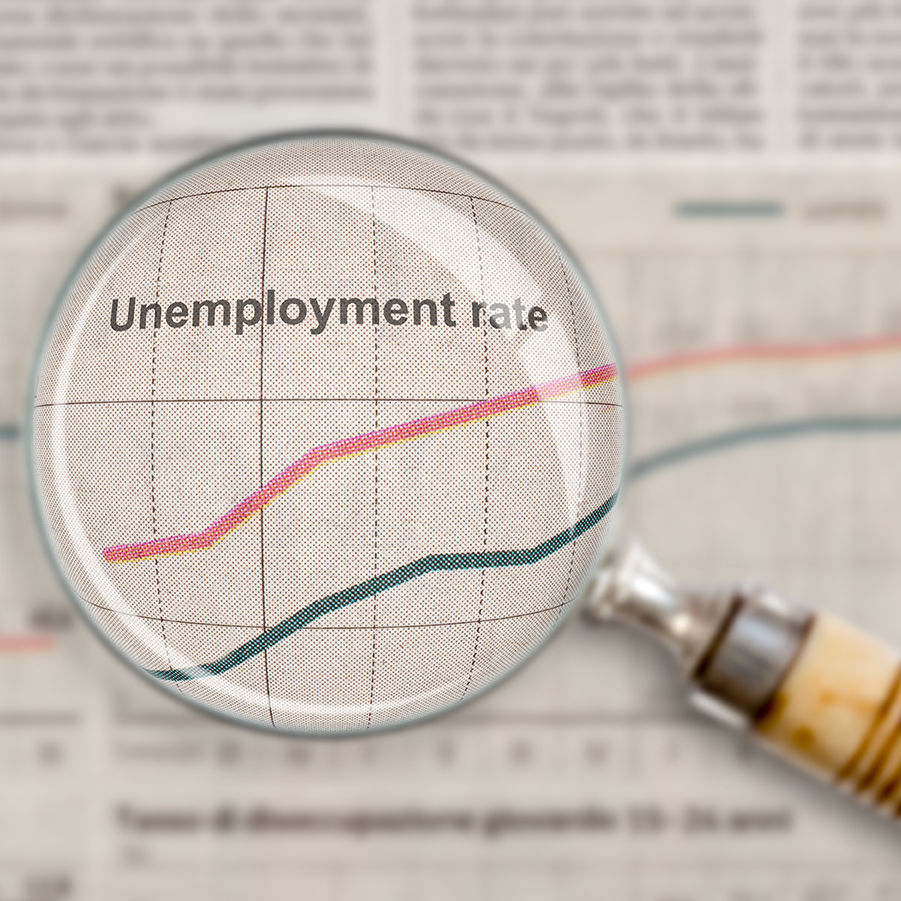Portland's Small Businesses Want to Know If and When Help Is Coming

Image: Courtesy Angelina Bambina
Over the last week, Portland Monthly reporters have spoken to dozens of small business owners struggling through this unprecedented time as they scramble to survive with government-mandated closures and rejected insurance policies. We don’t yet know exactly what the $2 trillion stimulus bill will look like on a state level, except that each state will get a portion to allocate for various needs, including small business economic relief. Before that arrives, as a business owner you should be advocating for what your needs are to both city council and your congressional reps.
Though the information has been in flux and negotiations, we know that there will be some version of applying for economic aid. Applying for the Small Business Administration’s (SBA) Economic Injury Disaster Loan may be part of the criteria to receive aid and some financial experts urge businesses to do so as soon as possible. You’ll need all this paperwork to make any requests:
- IRS Form 4506-T completed and signed by all necessary parties
- Complete copies, including all schedules, of the most recent federal income tax returns for the applicant business
- Personal Financial Statement (SBA Form 413) completed, signed and dated by the applicant
- Schedule of Liabilities listing all fixed debts
- A current year-to-date profit and loss statement
Locally, Mayor Ted Wheeler announced on Wednesday that the city council passed an ordinance amending the city’s current budget by transferring $3 million in unrestricted contingency and policy reserves to fund the City’s initial incident budget. Wheeler’s public information officer, Tim Becker, said via email that $1 million of that sum will be devoted to small businesses through the city’s Economic Impact Task Force work. The guidelines will include:
- $1 million from City of Portland general fund for maximum $10,000 grants to Portland small businesses
- $5,000 max for businesses where owner is the only employee and businesses are home-based or do not have real estate rental payments
- $10,000 max for all other eligible businesses
The mayor will hold a press conference Monday, March 30 to go into detail about the economic relief work the city has planned for the effects of coronavirus.
That $1 million will be part of Prosper Portland’s new Small Business Relief Fund. PP will match that funding creating a new $2 million dollar program to give grants and interest-free loans for local small businesses hit by COVID-19. Communications Manager Shawn Uhlman says via email, “The first $1 million will be in the form of grants ($2-10K) and the second $1 million will be in form of loans. The grant application opens Monday at 9 a.m.” According to their website, the goal of the fund is “to provide immediate relief by helping business owners retain their businesses and their employees as a bridge of support before additional state and federal resources become available in the coming months.”
On a national level, the stimulus package has currently passed through the Senate and moved on to the House. Some highlights within the stimulus package specifically aimed at small businesses include $350 billion for the Paycheck Protection Program “that will provide small businesses and other entities with zero-fee loans of up to $10 million. Up to eight weeks of average payroll and other costs will be forgiven if the business retains its employees and their salary levels with principal and interest is deferred for up to a year and all borrower fees are waived.”
The stimulus package also includes $10 billion to provide an advance of $10,000 to small businesses (and nonprofits) that apply for the SBA Economic Injury Disaster Loan (EIDL) within three days of applying. EIDLs are loans of up to $2 million with interest rates ranging in the 2.75-3.75 percent with principal and interest deferment payments deferred for up to 4 years. The loans are different then the Emergency Economic Injury Grants, also encompassed in the stimulus package. Small businesses are not required to repay the grant, even if the grantee is denied the EIDL loan. Grant money is to be used for payroll, giving paid sick leave to employees, covering supply chain disruptions, paying business rent or mortgage, and covering other outstanding debts.
$17 billion of the stimulus is set aside to provide Debt Relief for Existing and New SBA Borrowers with both standard SBA loans and microloans. This umbrella includes the SBA covering principal, interest, and fees on your loan for six months. It is both for small businesses with current SBA loans but is also eligible for borrowers who take out a loan within six months of the bill’s official sign off. Included in this section is the ability for banks to extend out loan payout times. An item of note here: if a small business is benefitting from the six months of SBA loan debt relief, they can also apply for the Paycheck Protection Program to keep paying employees. It allows the SBA to permanently waive Express Loan Program fees for veterans and their spouses.
Finally, the stimulus package has specifically set aside resources for agencies giving small business counseling services. $275 million of grants will funnel to Small Business Development Centers (SBDCs), Minority Business Development Agencies, and Women’s Business Centers (WBCs) nationwide to provide guidance and advice as they try to rebound from the catastrophic effects of the coronavirus. The hefty budget allows for them to hire more staff at those agencies and also to create a joint platform that allows consistent and timely business advice to be consolidated and shared through the platform for businesses to receive consistent information at a quicker pace. Oregon's own SBDC has assembled a hefty COVID-19 crisis page with everything from a Business Adversity Response Plan to Oregon Dept. of Revenue Tax Relief Options.












